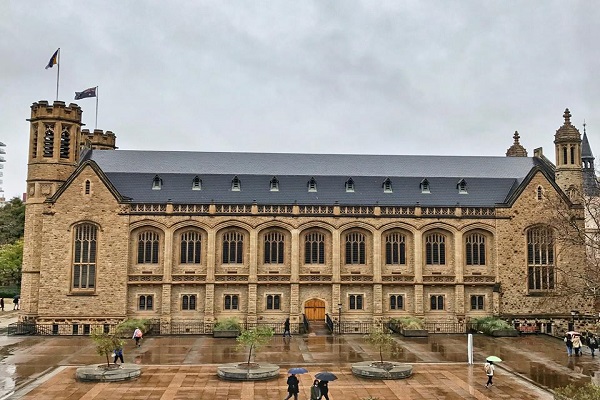University of Adelaide Secures Funding to Investigate Australia’s Greatest Health Challenges
University of Adelaide researchers have received $14,631,111 from the National Health and Medical Research Foundation’s (NHMRF) Investigator Grants, supporting Australia’s highest-performing health researchers.
Eight grants were awarded to University of Adelaide academics, including almost $3 million towards a project exploring nuclear reprogramming, which aims to improve cell-based treatments of diseases such as cancer by reverting harmful cells to become harmless.
Other projects funded through the scheme will investigate the use of nutrition science to support neurodevelopment, how gut microbiota can be used help to prevent complications associated with high-dose chemotherapy, and novel strategies for the global control of meningococcal disease and gonorrhoea.
“We are delighted the NHMRC has funded these projects led by the University of Adelaide, which recognises our institution as a significant contributor of excellent research in the Australian health sector,” says Deputy Vice-Chancellor (Research), Professor Anton Middelberg.
“This work is critical to improving health outcomes around the world, and this funding ensures that Adelaide will contribute to new and innovative solutions.”
The NHMRC awarded more than $411 million to 229 researchers in Australia as part of its 2024 Investigator Grants program. See the full list of University of Adelaide projects below.
Professor Jose Polo from the School of Biomedicine received $2,924,080 towards research aiming to understand ‘nuclear reprogramming’, which is a process that can change a cell’s identity and presents the possibility of new ways to treat diseases and health problems.
Dr Jacqueline Gould from the School of Psychology received $2,792,745 towards a project which will combine the highest levels of evidence to resolve uncertainties about the nutrient requirements for pregnant women and infants born too soon for three nutrients that are integral to neurodevelopment.
Professor Zachary Munn from the School of Public Health received $2,792,745 towards a project aiming to improve the science behind evidence synthesis and the quality of evidence-synthesis efforts, which will help people who make decisions regarding the health of individuals or society to make better decisions.
Professor Helen Marshall from the Adelaide Medical School received $2,554,448 to develop a vaccine targeting meningococcal and gonorrhoea, which are genetically closely related diseases, and a vaccine-uptake strategy co-designed with young people to ensure optimal protection is achieved.
Dr Hannah Wardill a Hospital Research Foundation Fellow from the School of Biomedicine received $1,543,893 towards a project which aims to predict and prevent the life-threatening complications of haemopoietic stem cell transplantation, which is often used for people with blood cancer. The project will focus on identifying candidate microbes to be used in the development of next generation microbial interventions to improve outcomes for people with blood cancer.
Dr Dharmesh Bhuva from the South Australian Immunogenomics Cancer Institute received $674,400 to develop software to closely examine and map the topology of cancer tissue to help doctors predict how a cancer might progress or respond to treatment.
Dr Jennifer Stone from the School of Public Health was awarded $674,400 for an investigation into best conduct of systematic reviews of aetiology and risk to deliver a unified framework for methods guidance, teaching and capacity building.
Guangze Yang from the School of Chemical Engineering was awarded $674,400 towards a project which aims to enhance the effectiveness of treatment for advanced prostate cancer and reduce unwanted side effects through innovative nanomedicines, integrating chemotherapy and immunotherapy.

